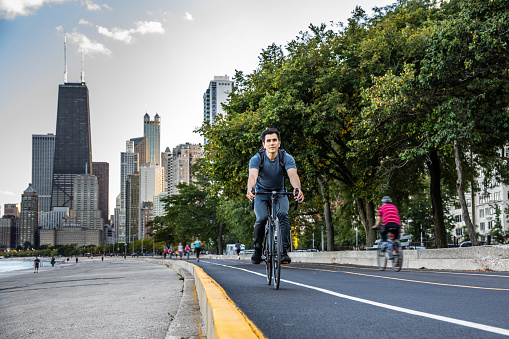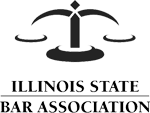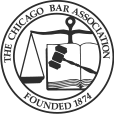
In September 2021, the Chicago Department of Transportation (DOT) announced it is installing 100 miles of new and upgraded bike lanes, using $17 million in new funding from the mayor’s Chicago Works plan over this year and next. It’s the largest expansion of bike lanes in the city’s history.
Commissioner Gia Biagi said the agency is on pace to add 50 miles of projects this year and 50 more in 2022, which would expand the city’s existing bike network to roughly 400 miles.
“Our goal at CDOT is to make everyday cycling safe, affordable, and convenient for people of all ages and abilities, by connecting people to meaningful destinations and connecting neighborhoods to each other,” Commissioner Biagi said.
Building More Bikeways
Interest in biking has increased steadily over the past several years and the number of people who bike to work has almost doubled. More Chicagoans are riding bikes than ever, with CDOT’s Divvy bike share system recording more than 7 million rides over the past two years and increasing ridership.
But due to inattentive and reckless drivers, bicycling on Chicago streets can be dangerous. Many bicyclists have had close calls with a driver of a car or have had incidents with angry or annoyed drivers. Others have been severely injured or killed in bicycle crashes caused by negligent drivers.
As part of its plan, CDOT is installing 12 miles of new protected bike lanes this year and in 2022. Bicycle advocates note that these 12 miles of protected bike lanes are less than a quarter of the total bike lane projects this year. CDOT claims it is focused on identifying locations to add more, however many bicycle advocates argue that protected bike lanes should be the standard and not the exception.
Protected bike lanes use curbs, parked cars, and other physical barriers to separate bike and car traffic on busy streets. This physical separation between motor vehicle traffic and bicycle traffic is significant compared to the mere paint on a street that makes up a traditional bike lane.
Protected bike lanes that have already been installed or will be completed in 2021 include:
- 119th Street – Ashland to Halsted (connecting to the Major Taylor Trail and Coleman Elementary Academy)
- Clark Street – Edgewater to Devon (connecting the Andersonville, Edgewater, and Rogers Park neighborhoods)
- Damen Avenue – Fullerton to Diversey (connecting to the Elston Protected Bike Lane and Clybourn Buffered Bike Lane)
- Roscoe/Campbell – Belmont to Western (improving access to the 312 River Run, Clark Park, and DePaul College Prep)
- Taylor Street – Morgan to Canal (with connections to bikeways on Halsted, Desplaines, Clinton, and Canal)
- Woodlawn Avenue – 111th to Olive Harvey College (new link to the Pullman neighborhood).
Making Biking Safer for Chicago Cyclists
The CDOT also released the Chicago Community Cycling Network Update. The document summarizes 2021 initiatives and also outlines an approach to continuing to expand bike infrastructure in the city. This approach includes a focus on adding more protected bike lanes, building Neighborhood Bike Networks, and identifying opportunities to close network gaps.
One goal of these changes is to reduce the number of preventable bicycle accidents that happen every year due to reckless drivers. Bicyclists often suffer serious injuries in these crashes and are left with overwhelming medical bills. Drivers often deny doing anything wrong and instead try to blame the injured cyclists. That makes recovering financial compensation through the legal process complicated.
Keating Law is the leading firm in Chicago handling personal injury and wrongful death cases for bicyclists and their families. The attorneys at the firm are national leaders in cycling law and advocacy. The firm has prosecuted more bicycle-related lawsuits in Illinois than any other firm in the state.
If you’ve been hurt in a Chicago bicycle crash caused by a negligent driver, the attorneys at Keating Law Offices, P.C. can help. Our firm has extensive experience handling these types of cases and is committed to helping injured cyclists get the justice they deserve. Contact us to schedule a free consultation at one of our two office locations in Chicago.







